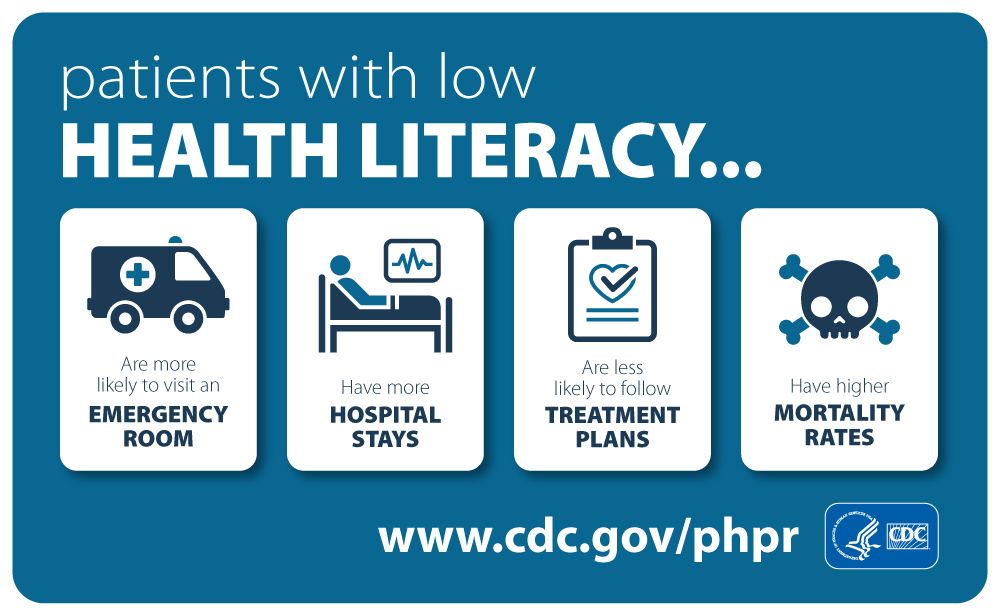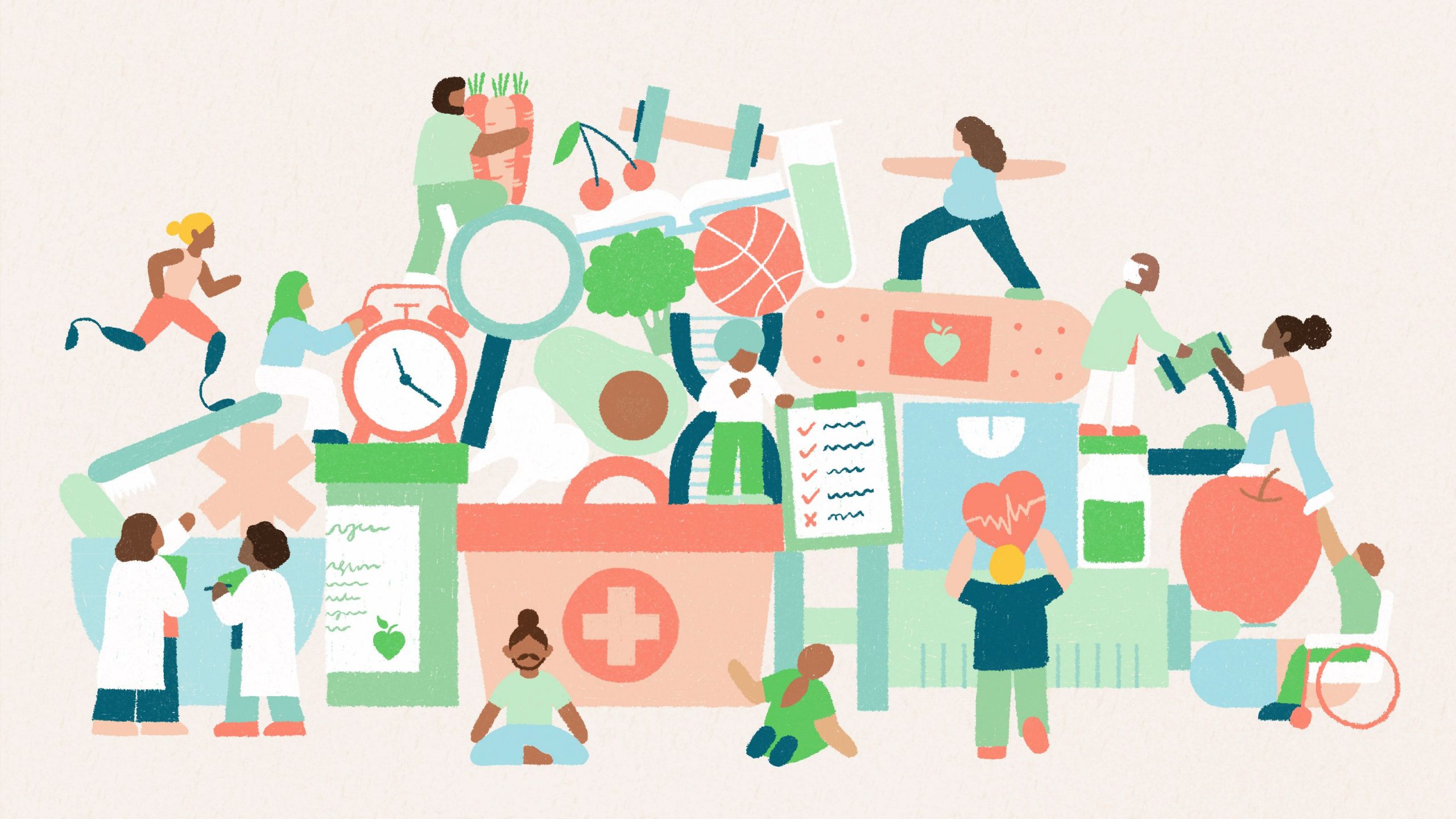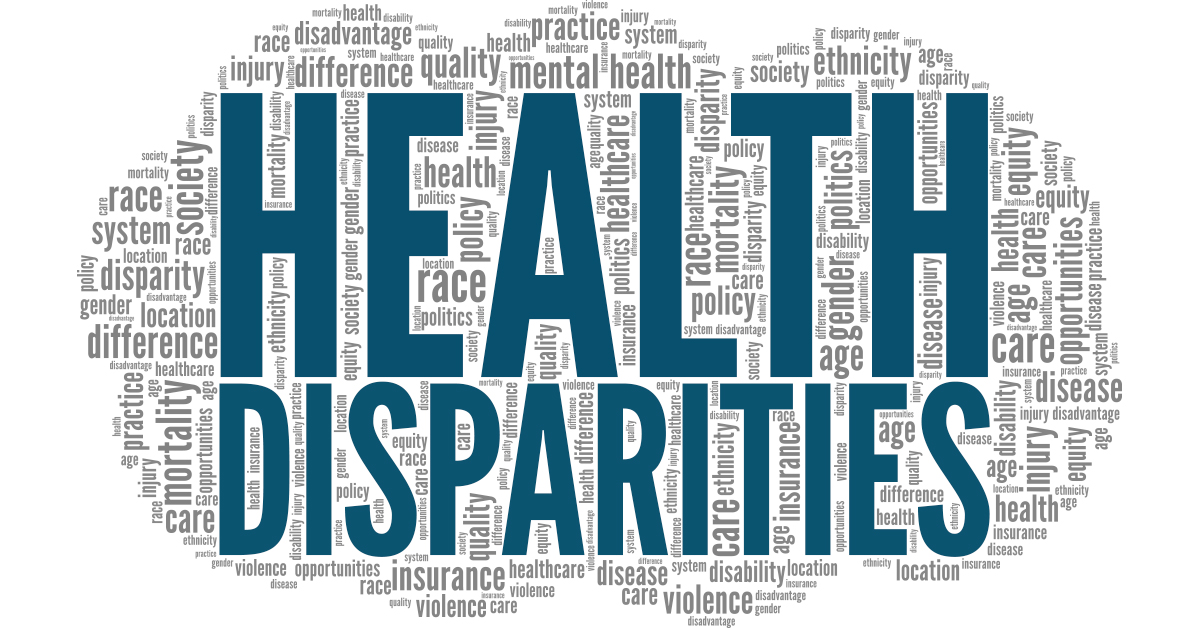Health literacy is the ability to understand and use health information to make informed decisions about one’s health. It involves understanding medical terms, following instructions, and navigating the healthcare system. Low health literacy can lead to poor health outcomes, increased healthcare costs, and decreased quality of life.
Why is Health Literacy Important?
- Informed decision-making: Health literacy empowers individuals to make informed choices about their healthcare, such as choosing the right provider, following treatment plans, and managing chronic conditions.
- Improved health outcomes: People with higher health literacy are more likely to adopt healthy behaviors, manage chronic conditions effectively, and seek preventive care.
- Reduced healthcare costs: Health literacy can help individuals avoid unnecessary medical procedures and treatments, reducing healthcare costs.
- Enhanced patient-provider communication: Effective communication between patients and healthcare providers is essential for optimal care. Health literacy can improve this communication by ensuring that patients understand the information they are given.
Challenges to Health Literacy
- Complex medical information: Medical terminology can be difficult to understand for individuals with limited education or language skills.
- Cultural barriers: Cultural differences can affect how people perceive and interpret health information.
- Limited access to healthcare: Lack of access to healthcare providers and facilities can make it difficult for individuals to obtain the information they need.
- Health literacy disparities: Health disparities often exist among different socioeconomic groups, racial and ethnic minorities, and individuals with disabilities.
Improving Health Literacy
- Clear and concise communication: Healthcare providers should use plain language and avoid medical jargon when communicating with patients.
- Patient education materials: Providing patients with easy-to-understand educational materials can help improve health literacy.
- Cultural competency: Healthcare providers should be culturally competent and sensitive to the needs of diverse patient populations.
- Health literacy assessments: Assessing patients’ health literacy levels can help identify those who may need additional support.
- Community-based programs: Programs that promote health literacy and provide access to healthcare resources can help address health disparities.
By improving health literacy, we can empower individuals to take control of their health, reduce healthcare costs, and improve overall health outcomes.
Would you like to learn more about a specific aspect of health literacy or explore strategies for improving it?



